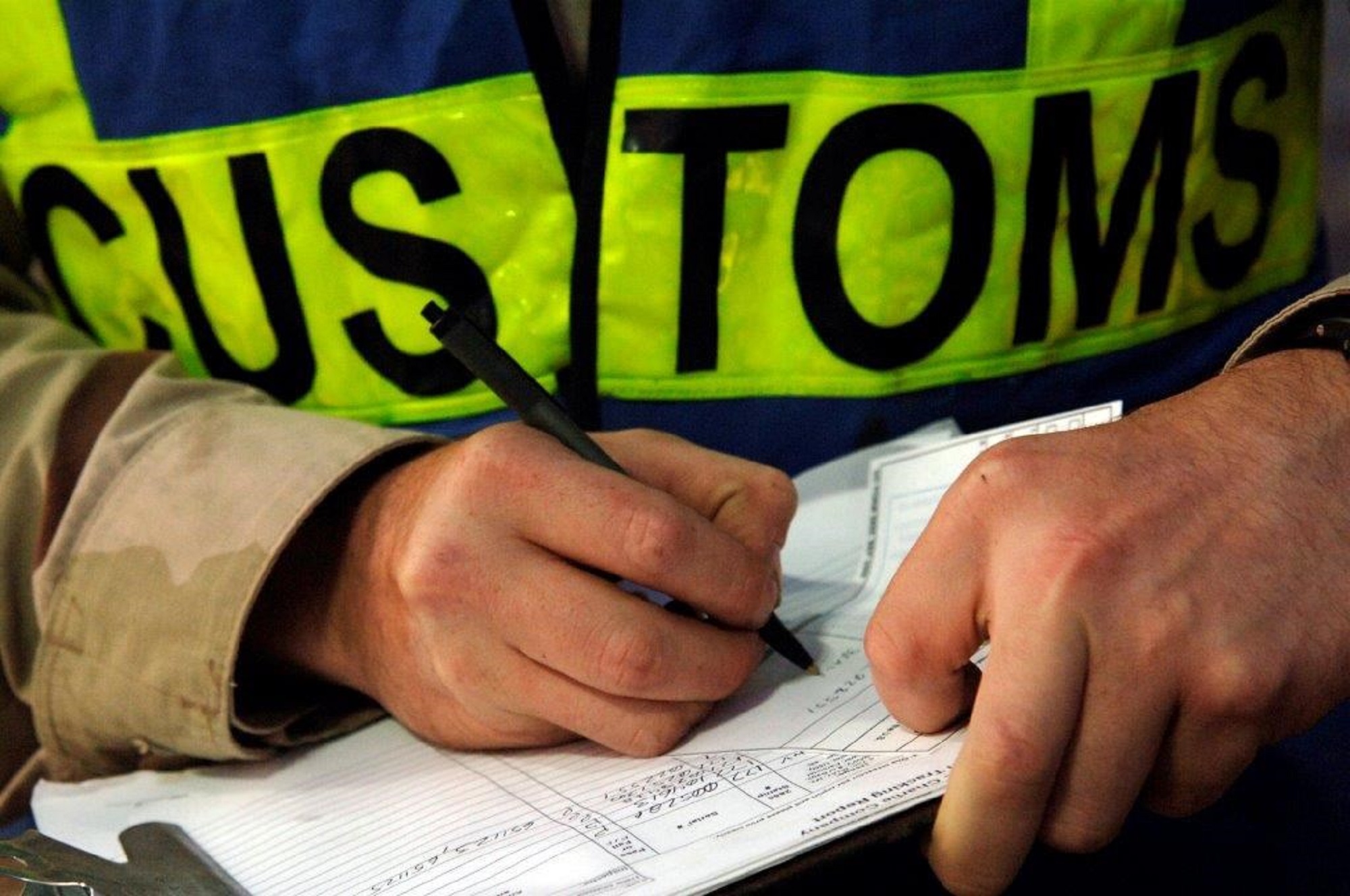Providing services to consumers can be attractive, as a successful venture can be scaled up quickly. At the moment, scaling up within the European Union (EU) is a decision that requires careful consideration. This is because the benefits must be significant, if they are to outweigh the administrative burdens and the resulting expenses.
As of 1 July 2021, the new e-commerce rules will apply. We have set out all of the details of these new rules extensively. For suppliers of B2C services, the most important change is the expansion of the current mini One Stop Shop (MOSS) to the One Stop Shop (OSS).
The convenience of the OSS
B2C electronic services are subject to VAT in the EU country of residence of the consumer. Initially, the VAT registration and reporting obligation will follow as soon as the services are supplied. To solve this problem, it is possible to report all VAT due on electronic services through one periodical MOSS return. This is an interesting system, as these kinds of services are often supplied to consumers resident all over the EU. Also, the reporting process is quite simple.
As of 1 July 2021, the MOSS will be expanded to the OSS, which means that all B2C services can be reported if VAT is due in other EU countries. The OSS is therefore not just convenient; it also opens up opportunities for expanding your services. If the turnover in a particular EU country is low, the hassle and expense of VAT reporting obligations in that country often lead to the conclusion that it is not worth expanding your business there.
Thanks to the OSS, this is no longer a problem. Your services can be rolled out all over the EU. The details of the OSS, and practical guidance on how to deal with the various VAT rates in the EU, can be found here.
Which services is the OSS particularly useful for?
The use of the OSS becomes relevant when B2C services are supplied, and these services are subject to VAT in an EU country. This does not apply to all services, as many B2C services are in fact subject to VAT in the country of establishment of the supplier of the services. The use of the OSS is for example interesting in cases of the rental of real estate to consumers. The turnover from organising events for consumers can also be reported using the OSS. This makes it attractive to organise events for consumers in a different country, as soon as this is possible again, especially as the format has already been developed and the VAT reporting obligations will not increase.
There are many other B2C services for which the OSS is perfectly suited. Would you like to talk about your activities, or discuss your plans for expansion? Please feel free to contact us.
This content was published more than six months ago. Because legislation and regulation is constantly evolving, we recommend that you contact your Baker Tilly consultant to find out whether this information is still current and has consequences (or offers opportunities) for your situation. Your consultant will be happy to discuss the latest state of affairs with you.





